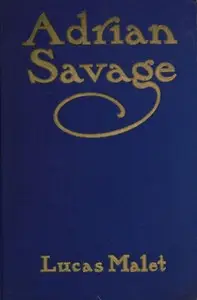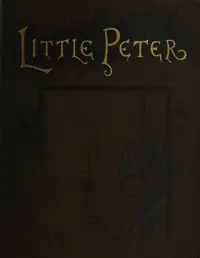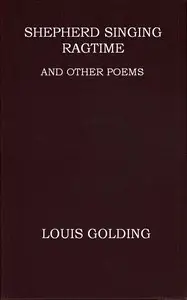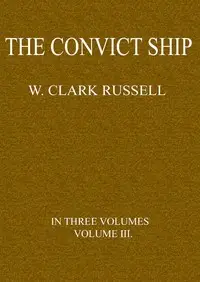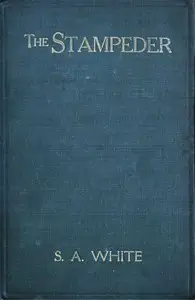"Deadham Hard: A Romance" by Lucas Malet is a novel written during the early 20th century. Set against the backdrop of England in the late 18th and early 19th centuries, the story introduces us to Thomas Clarkson Verity, a man who seeks refuge and purpose after the turmoil of the French Revolution. As he purchases the house at Deadham Hard, the narrative explores themes of redemption, transformation, and the complexities of human relationships while hinting at deep personal struggles and shifts in perspective. The beginning of "Deadham Hard" presents Thomas Clarkson Verity as a philosophical yet disillusioned character who seeks solace in the seemingly innocuous setting of a coastal English house. As he arrives at Tandy's Castle, he reflects on his tumultuous past during the French Revolution and his desire for peace and construction over chaos. The narrative gives us insight into his resolve to redeem the house from its sordid history of smuggling and illegal activities, and as he begins renovations, the sense of hope and renewal emerges. At the same time, we meet young Tom Verity, who is set to embark on a journey to India and is drawn into an intriguing family dynamic with Damaris, the daughter of Sir Charles Verity, who possesses a troubled past intertwined with her father's adventures. The layers of connection between these characters hint at unfolding relationships and conflicts, setting the stage for a captivating tale. (This is an automatically generated summary.)

Deadham Hard: A Romance
By Lucas Malet
"Deadham Hard: A Romance" by Lucas Malet is a novel written during the early 20th century. Set against the backdrop of England in the late 18th and ea...
Lucas Malet was the pseudonym of Mary St Leger Kingsley, a Victorian novelist. Of her novels, The Wages of Sin (1891) and The History of Sir Richard Calmady (1901) were especially popular. Malet scholar Talia Schaffer notes that she was "widely regarded as one of the premier writers of fiction in the English-speaking world" at the height of her career, but her reputation declined by the end of her life and today she is rarely read or studied. At the height of her popularity she was "compared favorably to Thomas Hardy, and Henry James, with sales rivaling Rudyard Kipling." Malet's fin de siecle novels offer "detailed, sensitive investigations of the psychology of masochism, perverse desires, unconventional gender roles, and the body."

